Fact-checking COVID-19 claims
 Thursday, August 13, 2020 at 10:19AM
Thursday, August 13, 2020 at 10:19AM From a recent interview with a fact-checking journalist: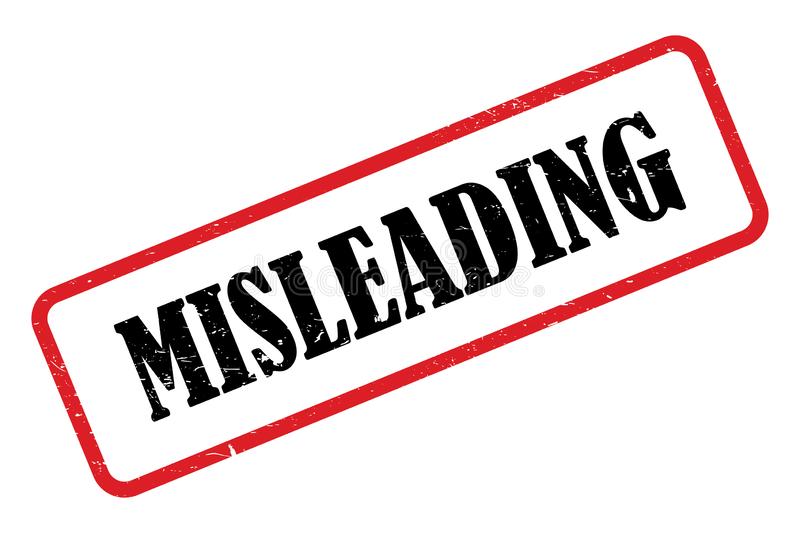 Claim: Alcohol-based hand sanitiser shouldn't be used day after day as it breaks down the first immune barrier of the body: the lipid bacteria of the skin.
Claim: Alcohol-based hand sanitiser shouldn't be used day after day as it breaks down the first immune barrier of the body: the lipid bacteria of the skin.
Verdict: Misleading. Alcohol-based gels do reduce the number of skin-resident bacteria and can start to cause some damage to the skin with prolonged use, in some individuals. However, the skin barrier is irrelevant to COVID-19, and alcohol-based gels also eliminate viruses from the skin, preventing transmission to surfaces and your face. Overall there is a clear benefit to use frequent hand-washing, and the negatives can be countered with moisturising.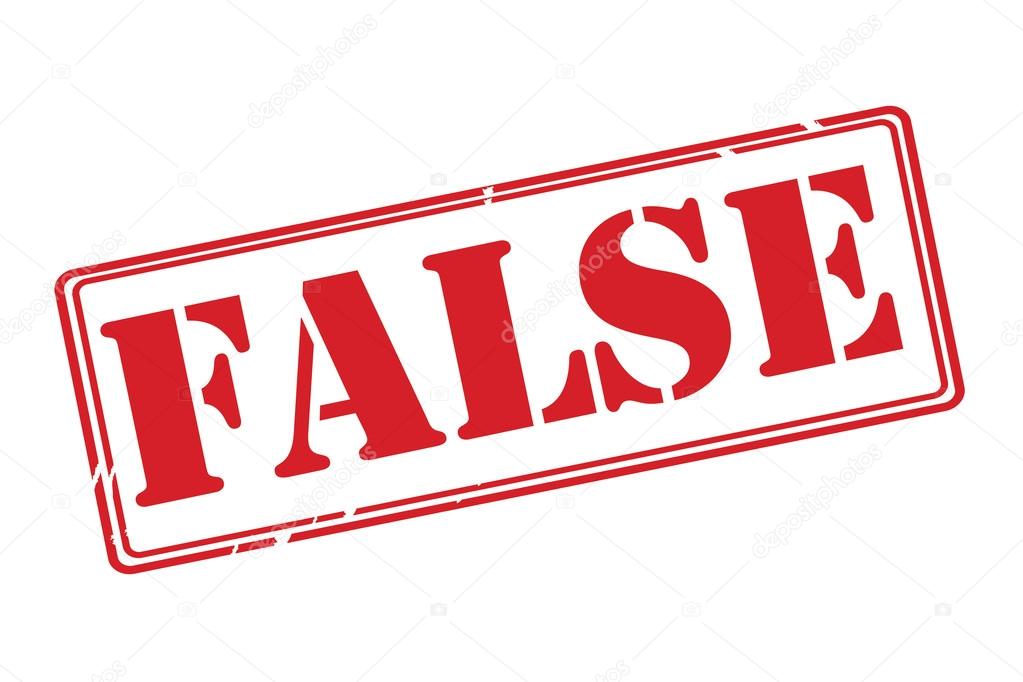 Claim: We can strengthen our immune system in weeks or even days (for young people), which would mean that if one does contract COVID-19, it's more likely going to be a mild case which does not require hospitalisation.
Claim: We can strengthen our immune system in weeks or even days (for young people), which would mean that if one does contract COVID-19, it's more likely going to be a mild case which does not require hospitalisation.
Verdict: False. First of all, it is misleading to talk about "strengthening" the immune system. The immune system could be considered more like taste. You can increase how spicy food is, or increase how sweet food is - both are "strengthening" the taste but mean different things. Different "flavours" of the immune response are optimal in different circumstances, so there is no such thing as a generic increase in how strong the immune system is. It is also completely unclear as to whether we actually want a "stronger" immune response in COVID-19 - there is good evidence that an excessive immune response of one particular "flavour" is causing the immune pathology. We want to train the immune response in a particular direction (e.g. through vaccines) not generically increase its power (even if that was possible, which it isn't).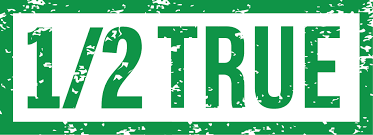 Claim: A well functioning immune system is dependent on the quality of our intestinal flora. This is why we should avoid eating refined "industrial" food.
Claim: A well functioning immune system is dependent on the quality of our intestinal flora. This is why we should avoid eating refined "industrial" food.
Verdict: Half true. There is an interaction between the gut bacteria and the immune system, and this is modified by the food we eat. It is not very well understood, and it is likely too early to say whether the net effect of the consequences is generally good or generally bad. It is certainly too early to say whether it makes a positive or negative effect in the case of COVID-19. As general advice, eating fresh and unprocessed foods, high in vegetables and low is red meat is good health advice, regardless of what it does to the immune system.
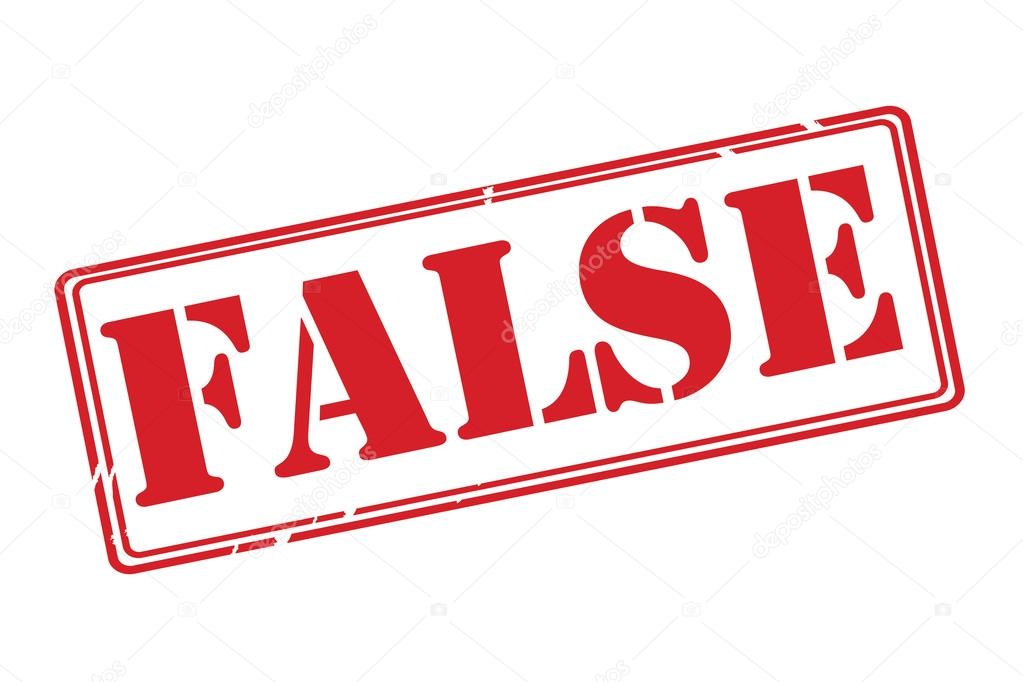 Claim: Fasting strengthens the immune system in only 3 days.
Claim: Fasting strengthens the immune system in only 3 days.Verdict: False. Fasting modifies the immune system slightly, which could be advantageous in some circumstances and detrimental in others. It is a minor effect though, and certainly it would not be advised that someone with symptomatic COVID-19 undergoes extensive fasting. The body needs resources to fight an infection.
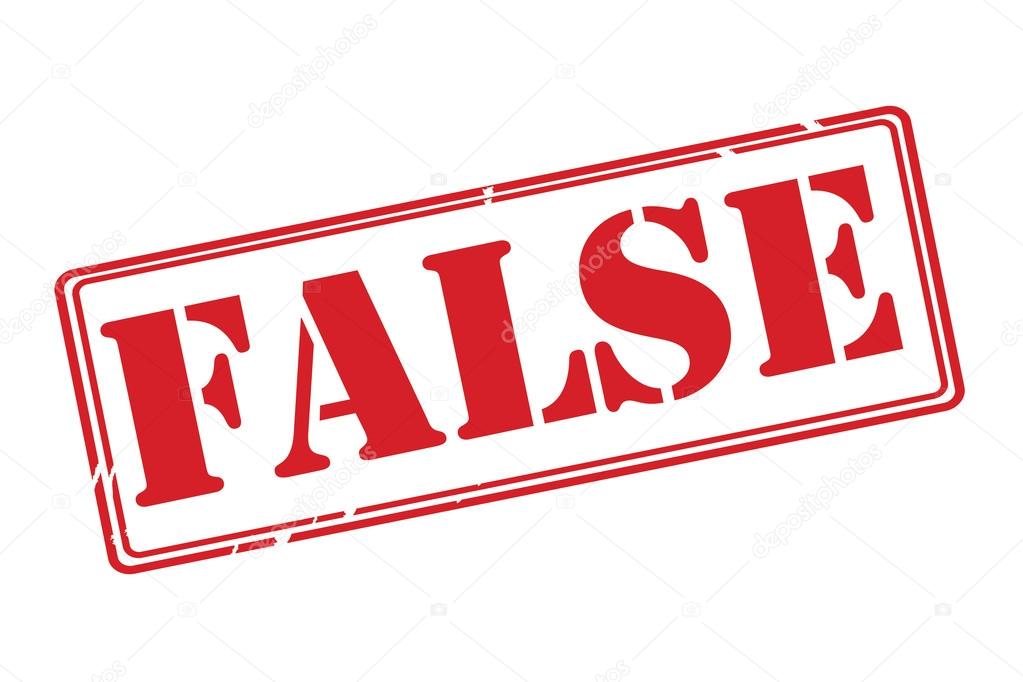 Claim: Herbal supplements such as echinacea and elderberry strengthen the immune system in a matter of weeks.
Claim: Herbal supplements such as echinacea and elderberry strengthen the immune system in a matter of weeks.Verdict: False. There are active compounds in all plants, which can modify aspects of the immune system if given in high enough doses in a dish. That does not mean that eating a few pills does anything at all. It is very important for people to understand that supplements and medicines are regulated completely differently. "Supplements" are allowed to make essentially any claim, without any evidence, as long as that claim is vague. This is why you get garbage claims about "immune boosting": they are vague enough that they are legally allowed to be made without evidence. Actual medicines, on the other hand, can only make extremely specific claims that are backed up by evidence. All claims about herbal supplements should essentially be treated as advertising material.
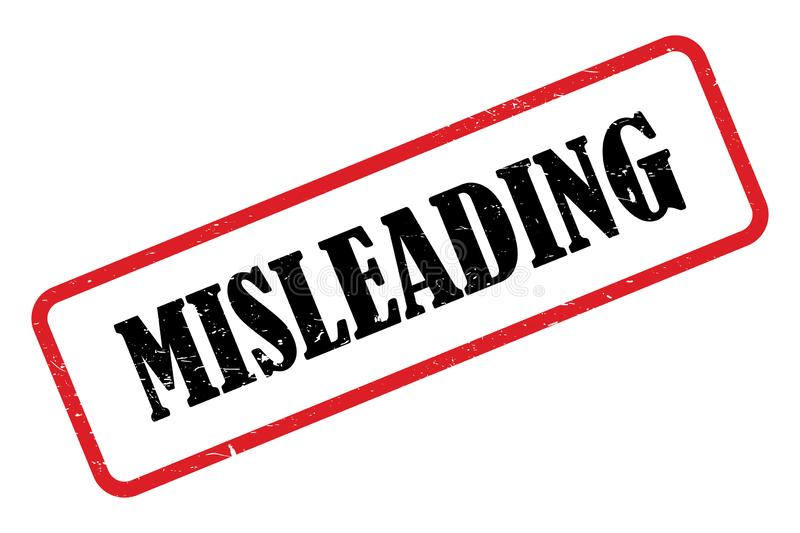 Claim: Vitamins and minerals strengthen the immune system.
Claim: Vitamins and minerals strengthen the immune system. Verdict: Misleading. Vitamins and minerals are different from other supplements. They are needed by the body in extremely low quantities, and if they are absent then health problems arise. For people who are actually deficient, taking vitamins and minerals will improve health, including the immune system. However, almost no one in the developed world is actually deficient, and certainly having a balanced diet of fresh food will give you more than enough of every known vitamin and mineral. Unless you have an exceptionally limited diet, taking these tablets doesn't do anything.
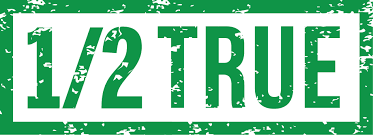 Claim: Fear is a powerful immunodepressant.
Claim: Fear is a powerful immunodepressant.Verdict: Half-true. Anxiety can modify the immune system, and can give poorer health outcomes during some types of infection. The effect is weak to moderate, but it is measurable. This should not be used as an excuse not to spread awareness of the COVID-19 pandemic, however: some degree of anxiety is rational and protective, where it supports valid infection-avoidance behaviours (e.g., hand-washing, wearing a mask, avoiding crowded areas).
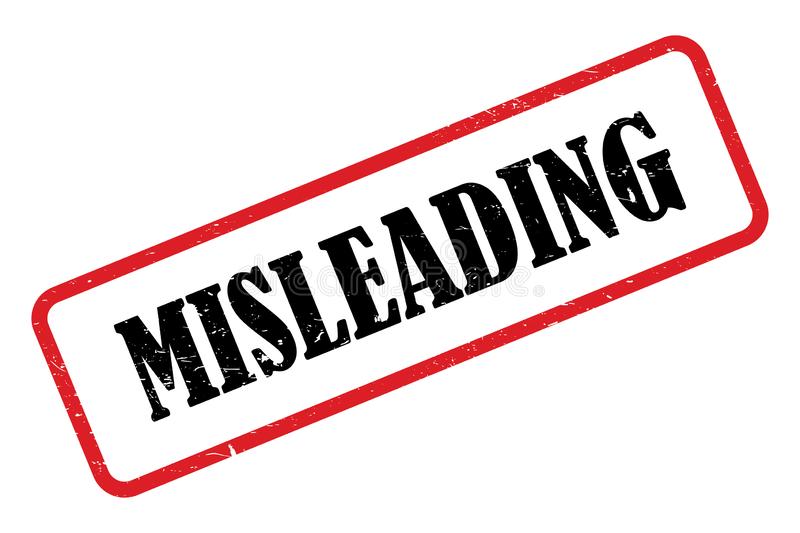 Claim: Practicing yoga strengthens the immune system.
Claim: Practicing yoga strengthens the immune system.Verdict: Misleading. There is nothing special about yoga. There are, however, weak to moderate beneficial effects of exercise and the alleviation of anxiety on infection outcomes. For some people, they may get this through yoga. Others may get it through gardening, or a daily run, or the ritual of a cup of tea. We should look after our mental health, which means cultivating habits that make us happy. The idea that one particular solution like yoga or mediation has any special properties beyond this is completely unsupported. Keep it up if you enjoy it, but it doesn't replace medicine and won't work for every person.
 Coronvavirus,
Coronvavirus,  science communication
science communication 





